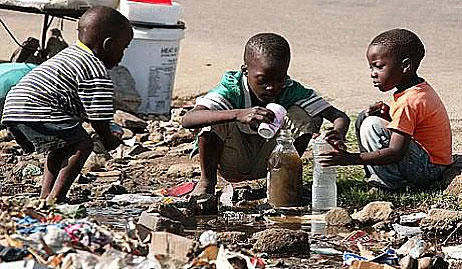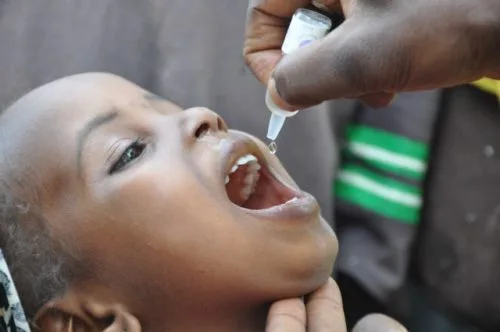The Ashanti Regional Health Directorate of the Ghana Health Service, in partnership with UNICEF and the World Health Organization (WHO), has rolled out a public awareness campaign to prevent the spread of cholera in the region.
Although the Ashanti Region has not yet recorded any confirmed cholera cases, officials are being proactive to avoid a potential outbreak.
Cholera, a severe diarrhoeal disease caused by consuming food or water contaminated with the Vibrio cholerae bacterium, poses a significant public health threat, particularly in areas with poor sanitation and limited access to clean water.
According to WHO, the disease affects 1.3 to 4 million people annually, resulting in up to 143,000 deaths.
Speaking at the launch of the campaign, Dr. Fred Adomako Boateng, Ashanti Regional Health Director, stressed the importance of educating the public on cholera prevention.
“Although the Ashanti Region hasn’t recorded any case of cholera, it’s very important to create an awareness for the people to be aware and keep themselves informed,” he stated.
Dr. Boateng revealed that the region has so far recorded 16 suspected cases, all of which tested negative. He, however, underscored the need for vigilance and preventive action. “We won’t sit aloof without educating the public about it,” he assured.
The campaign incorporates a multi-pronged strategy that includes enhanced surveillance, water, sanitation, and hygiene (WASH) initiatives, social mobilization, treatment, and the use of oral cholera vaccines. Dr. Boateng also called for long-term solutions to combat the disease.
“The long-term solution for cholera control lies in economic development and universal access to safe drinking water and basic sanitation,” he noted.
He emphasized the need for sustainable WASH initiatives, such as improved water and sanitation infrastructure, to create safer environmental conditions.
He further advised residents of the Ashanti Region to adopt practical preventive measures, including the consumption of hygienic food, the use of safe water, frequent handwashing with soap, and adherence to proper sanitation practices.
“By following these guidelines, the Ashanti Region can reduce its risk of a cholera outbreak and contribute to a healthier community,” Dr. Boateng concluded.
With this campaign, the Ashanti Regional Health Directorate aims to protect public health and prevent cholera outbreaks, reinforcing the importance of sanitation and hygiene for community well-being.
Source : TheDailyTrustGh.com / Nana Yaw Owusu/Ashanti Region.



